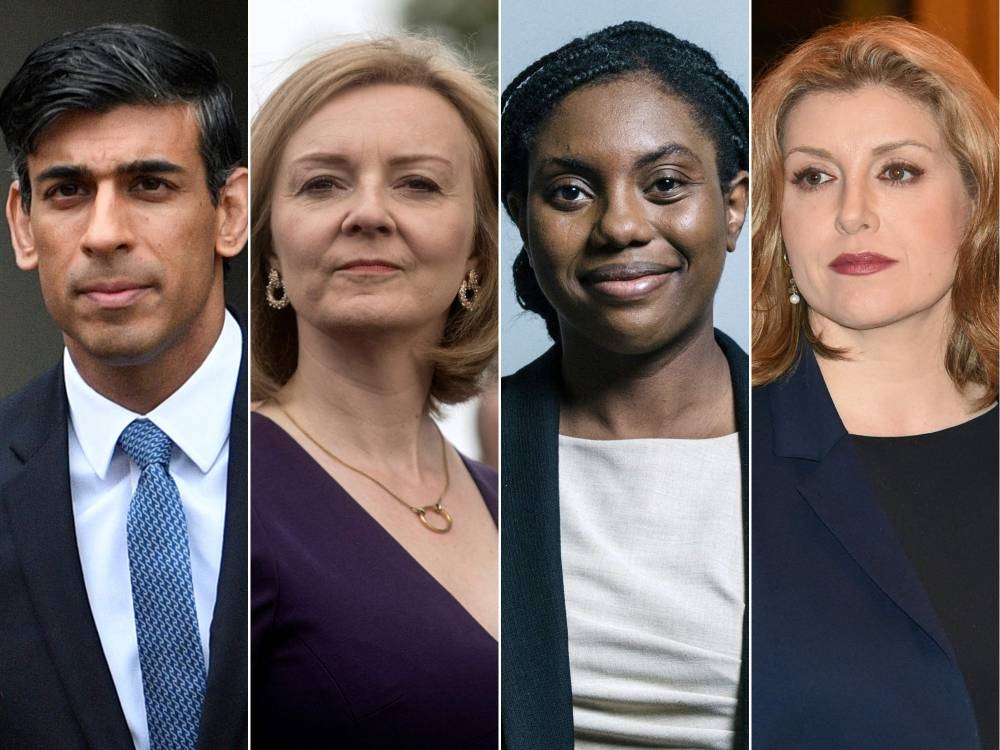JULY 24 — So I’ve been following the leadership contest in the UK as MPs from the ruling Conservative Party vie to succeed Boris Johnson as prime minister.
The charismatic and controversial Boris Johnson resigned as British prime minister on July 7.
A series of scandals saw the former prime minister lose support. As senior members of his own party began to quit the government, he had no option but to make way.
Johnson resigned as both prime minister and leader of the Conservative Party triggering a leadership contest. As the Conservative Party still commands a significant majority in the House of Commons (the Parliament of the UK) the next leader of the party will be prime minister.
The Conservative Party chooses its leadership via an interesting procedure. Any MP who has the support of 20 other MPs can stand as a potential leader.
The party then whittles down these candidates through rounds of voting. Every Conservative Party MP gets a vote; the candidate who receives the least votes in each round of voting is eliminated from the contest. Some candidates also drop out along the way.
This year saw four rounds of voting which whittled down the potential leaders from eight to two.
The final two candidates will face a vote not by the MPs but by the Conservative Party’s general membership. The 200,000 members of the Conservative Party will select between the final two and the candidate who receives the most votes will emerge as leader of the party and the country.
This vote between the two finalists — Liz Truss who is currently the Secretary of State for Foreign, Commonwealth and Development Affairs (equivalent of Foreign Minister) and Rishi Sunak who was the Chancellor of the Exchequer (similar to a Finance Minister) — will take place in early September.
The process is interesting and the candidates selected are also very interesting. The diversity of candidates was truly impressive.
Of the eight candidates selected in the first round, four were from ethnic minorities — Black or Asian origin. And four were women. This is for the leadership of the Conservative Party, traditionally the party of Britain’s white elite.
And yet we now see more and more female and minority MPs securing senior leadership positions. The party is also offering these MPS the chance to go on to lead the nation.
Kemi Badenoch, a 42-year-old Nigerian-born woman, finished among the top four candidates — receiving 56 votes from the party. Again a young Black female who wasn’t born in the UK and wasn’t educated at elite institutions.
She didn’t make it to the final two but is likely to be a strong leadership contender in future.
And of the final two candidates for leader we have one woman and one man of Asian/Indian descent.

Sunak received the most votes from MPs and is seen as the favourite to win the race. This is really eye opening and stands in stark contrast to politics in Singapore.
Recently in Singapore we saw the ruling People’s Action Party (PAP) choose the likely successor to our long-serving Prime Minister Lee Hsien Loong and there were only Chinese and male candidates.
All were government scholars or past pupils from elite local high schools.
This is a tremendous lack of diversity in a country that is actually diverse. The population of the UK is almost 88 per cent white but half the leadership candidates and a large proportion of senior ministers are non-white.
Singapore is less than 75 per cent Chinese but all our leadership candidates are Chinese.
It’s not just race but sex too. Singapore has virtually no senior female leadership. Very few female MPs or ministers are true heavy hitters and our female president is a figurehead with virtually no decision-making power.
This is just not how talent works. Talent doesn’t appear only among one group — there is capability everywhere. Kemi Badenoch, a foreign-born Black woman was a serious contender for leader of the UK (Black people are less than 3 per cent of the UK population) because her colleagues thought she was capable of the job and voted for her.
So why doesn’t Singapore’s leadership have faith in women and minorities?
Singapore’s elections have quotas that are supposed to ensure that minorities are represented in Parliament. The UK has no quotas; MPs simply contest on the basis of their ability and yet minorities in the UK seem to be better represented than minorities in Singapore.
In the long term, knowing that you can reach the top and that you can expect to win votes and receive support whatever your race, sex or background motivates everyone. It makes people feel united and part of a nation.
That the Conservative Party, a bastion for older ways of thinking, is willing to be so open makes it clear that Singapore is truly far behind the times.
And that it really is time to have more diversity and better representation here.
*This is the personal opinion of the columnist.






















